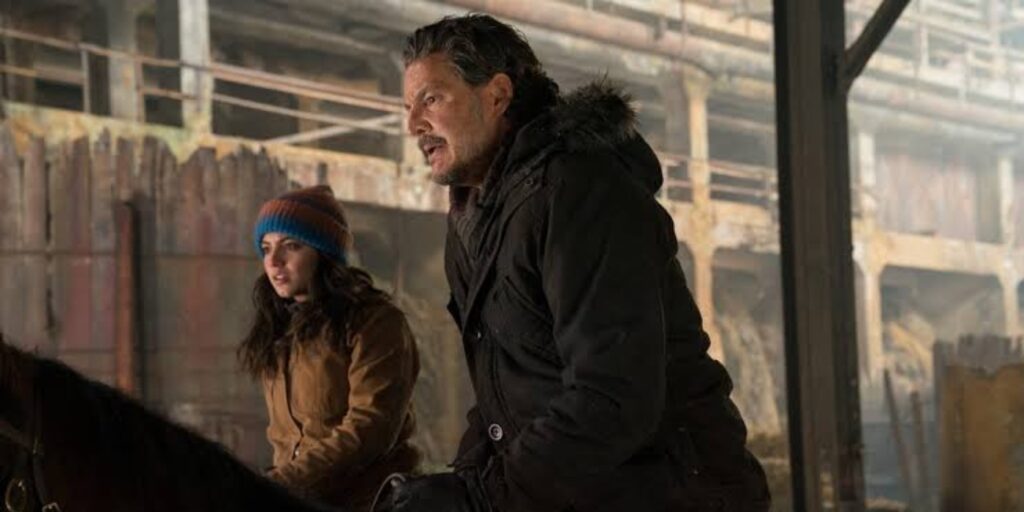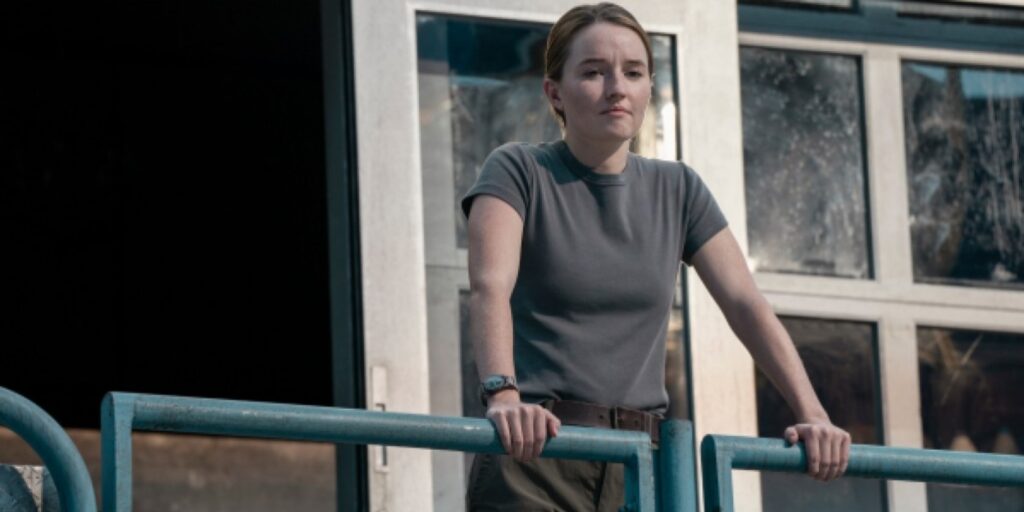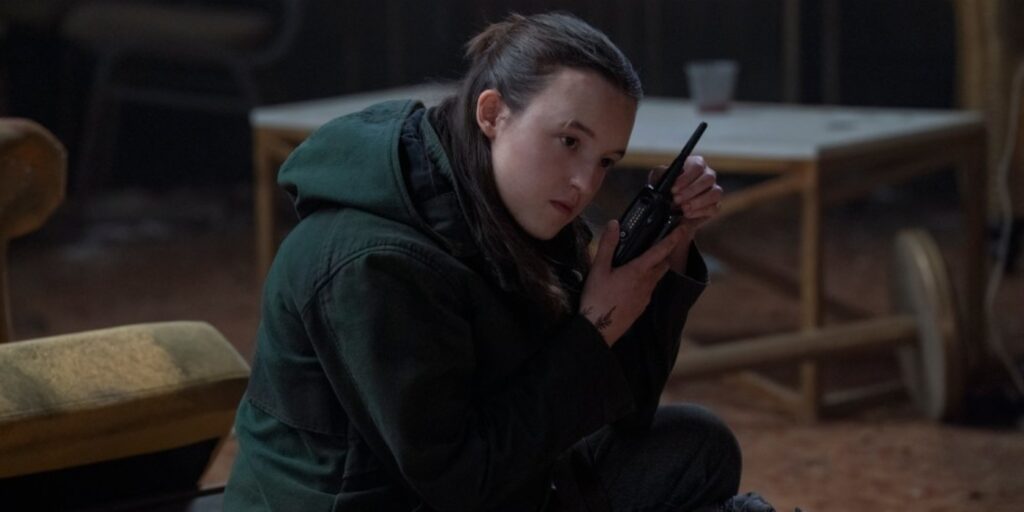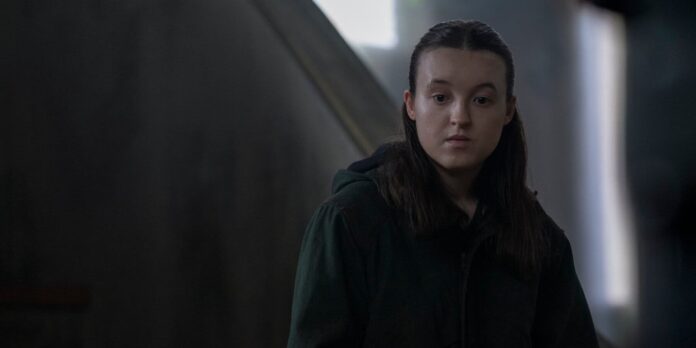HBO’s ‘The Last of Us‘ Season 2 ended not with closure but with chaos. Ellie was held at gunpoint, and viewers were left stunned in silence. For a series that thrives on emotional wreckage and impossible choices, the finale’s sudden, brutal cut to black was as scary as it was poetic.
Moreover, it was a carefully calculated move, one that showrunners Craig Mazin and Neil Druckmann designed to replicate the jarring switch in ‘The Last of Us Part II’ video game.
‘The Last Of Us’ Season 2’s Central Theme Focused On Showing The Power Of Love

In the game, players suddenly stop controlling Ellie’s mid-revenge arc and are thrust into the shoes of Abby, the very woman Ellie is trying to kill. That disorienting shift was pivotal to the game’s themes of empathy and moral ambiguity. And now, Mazin and Druckmann are pulling the same trick. At its core, Season 2 wasn’t about action, it was about Ellie unraveling.
Related: How ‘The Last Of Us’ Series Changed Dina’s Role From The Game
From her brutal torture of Nora to her cold-blooded killings at the aquarium, we saw a girl once full of wit and curiosity become ruthless and even more traumatized. However, what’s chilling, and brilliantly done, is how the show reminds us that this transformation was never about hatred. It was about love. Love Joel. Love for Dina. Ellie isn’t a villain. But she’s no longer the hero, either.
And that’s the whole point. “We should be confused morally and conflicted morally,” Mazin explained on the IndieWire Podcast. By showing us only Ellie’s half of the story this season, the show has deliberately asked us to judge so that next season, it can ask us to reconsider.
‘The Last Of Us’ Season 3 Will Focus On Abby And Her Perspective Of The Chaos In Seattle

Kaitlyn Dever’s Abby is the ghost haunting Season 2. She’s seen only briefly, yet her presence looms large over every episode. We hear about her, we know what she did. We even know why she did it. However, we don’t know her. Not yet. Mazin’s excitement is palpable: “If you’ve got a Kaitlyn Dever, you use Kaitlyn Dever.” Her full story, her losses, her choices, and her contradictions, are being held back on purpose.
Because Abby is the other main character. Season 3 will take us back through the chaos of Seattle but through Abby’s eyes. The same moments Ellie thought were hers alone. And by doing this, ‘The Last of Us’ is asking us to not just understand our enemies, but maybe care about them. Season 2 had a lot on its plate.
It juggled a deep dive into Jackson’s relatively peaceful community, a treacherous journey into Seattle’s warzone, and the quiet collapse of Ellie and Dina’s relationship. And yet, despite all this, the story never felt too much. If anything, it felt too little. Only seven episodes to cover some of the most emotionally complex moments in the game was a difficult choice. And that’s exactly why the show needs more seasons.
What Season 2’s Ending Means For ‘The Last of Us’

Additionally, there’s a beautiful and haunting scene in the Season 2 finale that might’ve slipped past casual viewers. Ellie and Jesse, searching for Tommy, pause in a bookstore where Ellie finds a copy of The Monster at the End of This Book, a classic children’s tale where Grover begs the reader not to continue because he’s afraid of the monster at the end.
In case you missed it: ‘The Last Of Us’ Creator Feels The Show Needs Four Seasons To Do Justice To The Story
Spoiler: the monster is Grover himself. The symbolism isn’t subtle. Ellie has become the monster in her own story. Or, at least, one of them. In her pursuit of vengeance, she’s crossed every moral line she once vowed never to touch. However, ‘The Last of Us’ doesn’t deal in black and white. Ellie isn’t evil. She’s broken. And soon, we may see that Abby is, too.
Season 3 is poised to be less about “what happens next” and more about “what happened then.” The line, Seattle Day 1, at the end of the finale signals a narrative reset. The same story from a different angle. We’ll meet Abby’s community, the Wolves. We’ll explore her humanity, her loyalty, her regrets. And we’ll see what it costs her to take Joel’s life.





